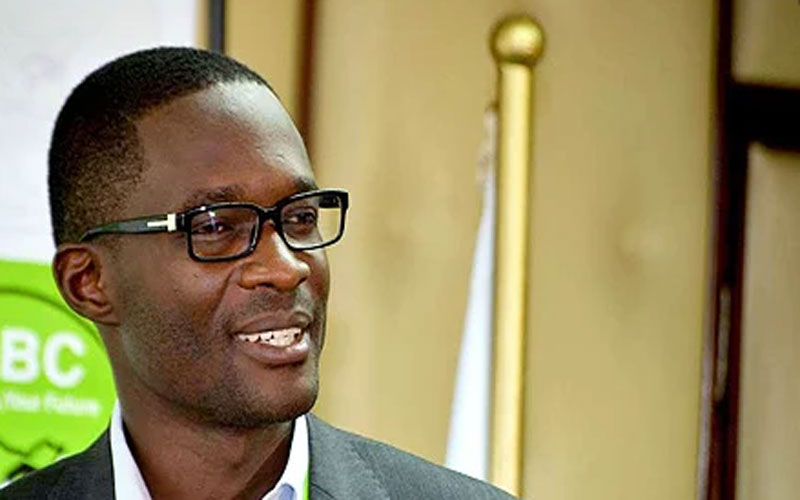×
The Standard e-Paper
Stay Informed, Even Offline

Ezra Chiloba was appointed the Director-General of the Communications Authority of Kenya on September 28, 2021. [File, Standard]
The appointment of former IEBC Chief Executive Officer Ezra Chiloba as the Director-General of the Communications Authority of Kenya (CA) has generated a discussion on the role of the regulator.